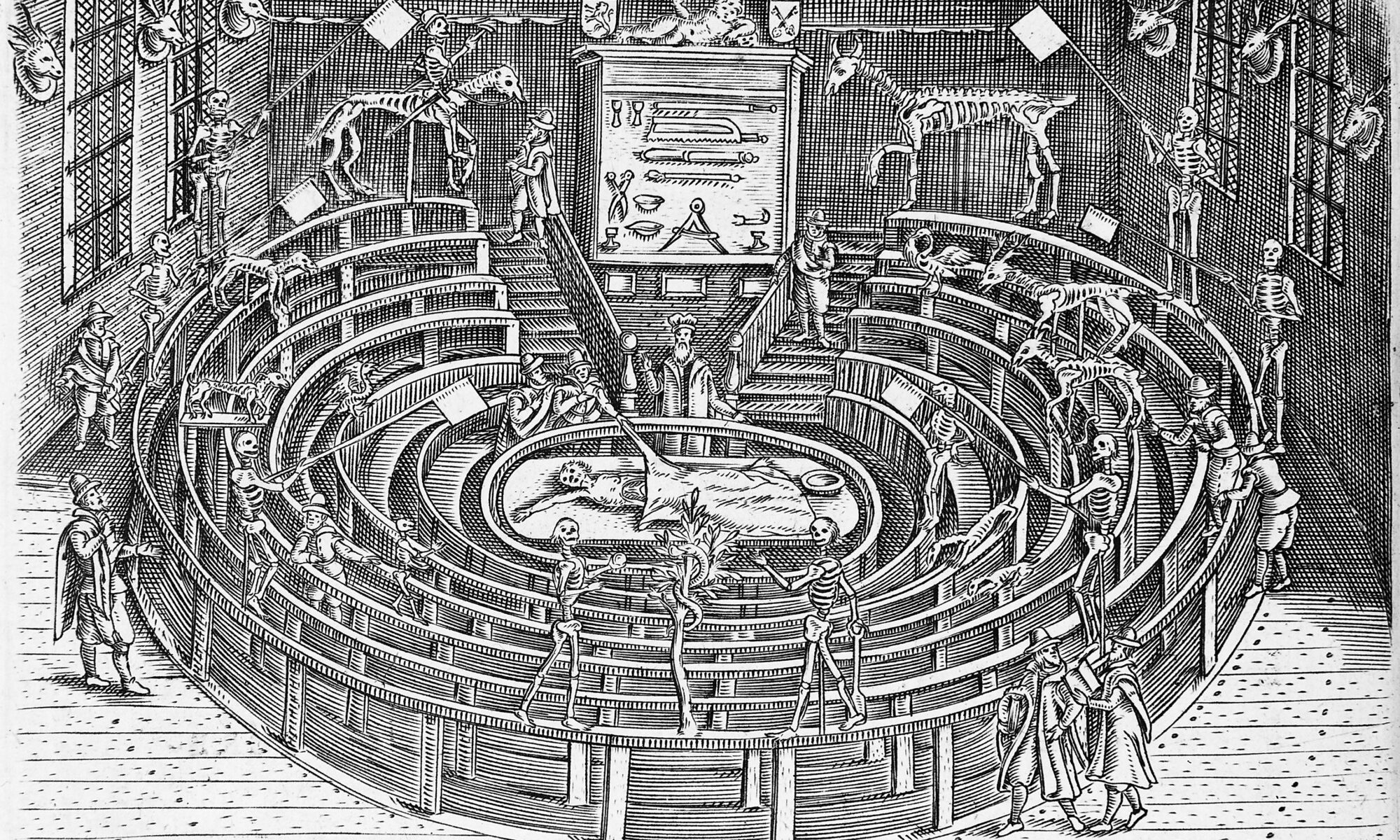
Picasso’s painting entitled “Maids and Avignon” became due to its innovative style the key to the world of modern art. This depiction popularized a new art movement in painting called cubism, of which the Spanish painter was one of the pionieers. The titular girls presented by Picasso are prostitutes from one of Barcelona’s streets. Presented in geometrical form, in various positions they look as if they were deformed. It is not about exposing beauty or ugliness, the dynamics of superimposed planes, intensified by the colors in shades of pink and red, rather evoke the impression of wildness and passion. Women’s faces resemble masks, as the artist was inspired by the works of old African and Iberian art. The departure from the centuries-old painting tradition is also manifested in the abandonment of the perspective and background. The human body will never look the same in modern art from now on. Along with this work, a new painting reality was created. Interestingly, in the preparatory sketches for “The Maidens of Avignon” there was a figure of a medical student holding a skull in his hands, which strengthened the allegorical dimension of the painting and referred to the symbols of vanitas.

